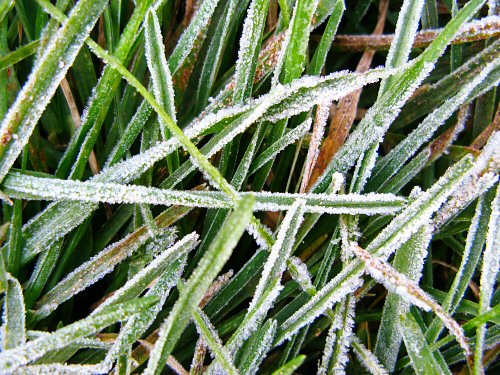A little over a week ago I met with my local Member of the Legislature Assembly (MLA), Norm MacDonald, at Greywolf. I invited Mr. MacDonald to Greywolf to discuss the implications of Bill M 203 in British Columbia. The bill is currently before a special committee of the legislature. The bill will ban all pesticides in the turf industry including those used on golf courses. Putting greens on golf courses would be exempt for five years. After five years no pesticides will be allowed on any areas on golf courses.
During Mr. MacDonald’s visit I took the opportunity to discuss the benefits of the game of golf. The fact that:
· golf is played by 15% more people than the game of hockey in Canada
· over 800,000 Canadians from outside B.C. come to B.C. to play golf (2009)
· over one million visitors from the U.S. play the game of golf in B.C. (2009)
· golf brings in 82 million dollars into the economy in the Kootenay region.
· golf makes up 6% of all travel and tourism spending in the Kootenay region
· 60% of all visitors in the Kootenay region come from Alberta
I also discussed the need for plant protectants at Greywolf and in the turf industry in B.C. If Bill M 203 becomes law, it will devastate the golf industry. The first winter after this bill becomes law, the fairways and tees at Greywolf and many other clubs will be killed due to snow mould. This means golf courses in B.C. will not be able to survive or compete with golf course in Alberta, Montana, Idaho and Washington.
 |
| Results of No Fungicides in Control Plot at Greywolf |
 |
| 100% Mortality on turf not sprayed by fungicides |
Mr. MacDonald, Assistant Superintendent Colin Matheson, and I toured Greywolf and discussed the fact that there are eight full time jobs and 60 season jobs that would be at risk if Bill M 203 were passed. Also millions of dollars in direct and indirect spending and taxation would be gone from the community and government coffers. Business taxes, property taxes, HST revenues, personnel taxes and revenues from “spin off” spending from golf courses would be eliminated. Also money raised for charities by Greywolf would also be eliminated.
Mr. MacDonald’s visit also showed how well organized and well funded the Canadian Cancer Society (CCS) has become. It is a professional political lobby group that excels at fundraising and crafting a political message. Unfortunately it does not have the scientific research or studies to prove that pesticides cause cancer. It does however have an emotional argument. We discussed this and the fact that the majority of products used in the golf industry were developed for the agriculture industry and that they are stringently tested by over 300 scientists at Health Canada. Golf courses use pesticides that are essential and not “cosmetic.” The exclusion of the agricultural industry from this bill is a sign that those opposed to pesticides cannot prove their argument through the use of scientific fact. If pesticides cause cancer would it not be prudent for the CCS to lobby the government to eliminate pesticides in agriculture crops before eliminating them on turfgrass?
The golf industry must have a voice in the pesticide debate. The emotional argument that has been used by the other side of the debate must be countered with scientific fact and the economic impacts of this bill.
Being at the forefront of political debates is not what most superintendents enjoy. Most superintendents would prefer to avoid the political arena. But it is time for superintendents to take a more active role in local and provincial politics in British Columbia. I encourage all superintendents in B.C. to invite their local politicians and MLA’s to tour their golf course facilities. Use the opportunity to discuss the implications of Bill M 203 and demonstrate the environmental and economic benefits of their golf courses.



